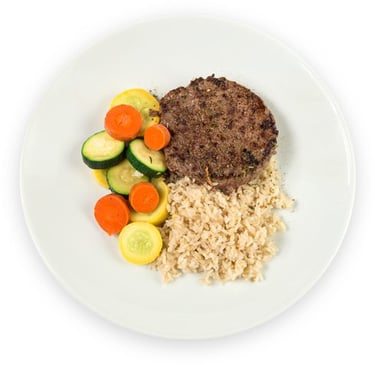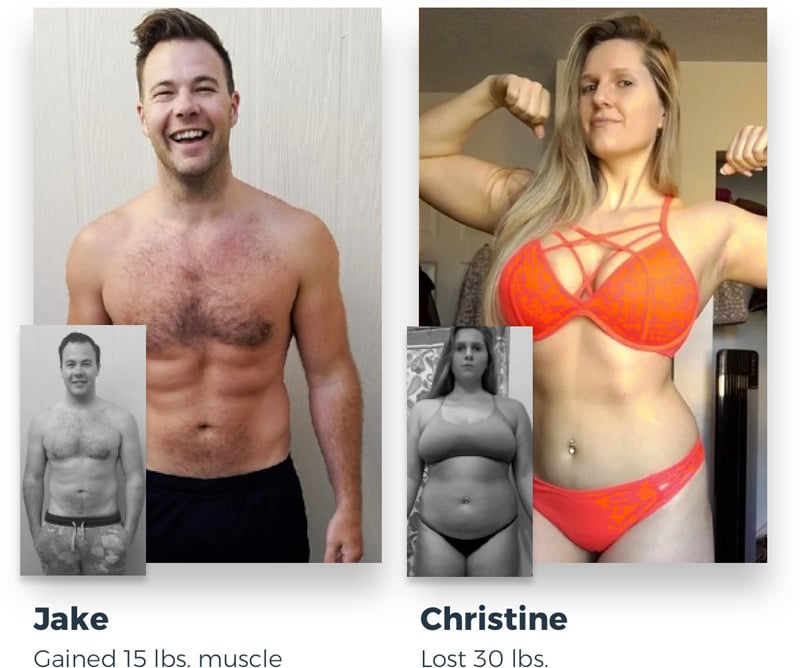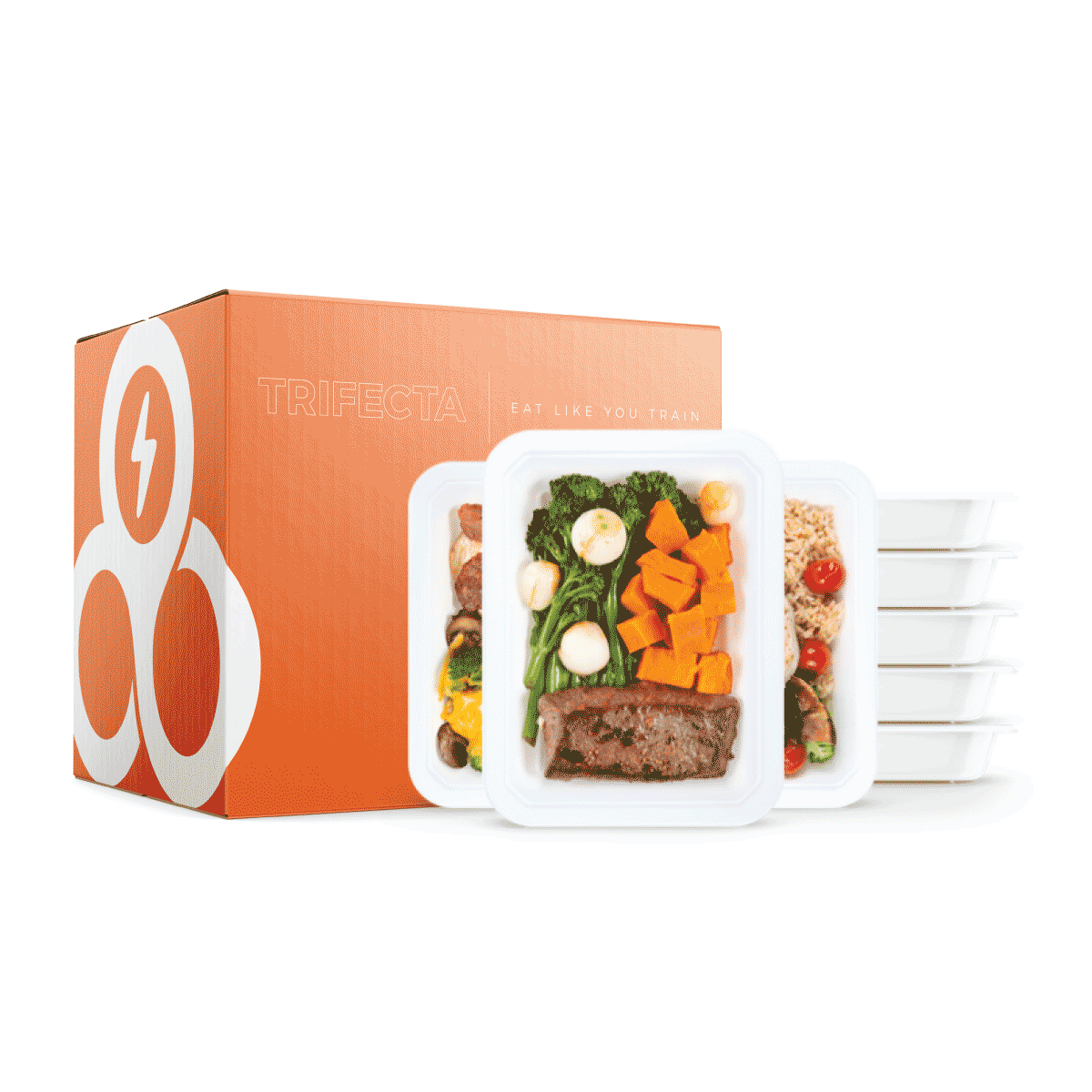Our calculator is designed to take into consideration fitness and nutrition needs that are entirely unique to you. Using a combination of your age, weight, height, gender and activity level, our proprietary formula generates the most accurate macro and calorie recommendations possible. Period.
Our calculator uses evidenced-based calculations and pulls expertise from dietitians and nutrition experts with over ten years of counseling individuals and athletes on their nutrition. It is the equivalent to having free, board-certified RD advice in minutes!
The number of calories you need is determined by estimating your basal metabolic rate - this is how much you would need to eat each day just to function properly and maintain your weight. The more you weigh, and the more muscle you have, the higher your BMR is.
Your BMR makes us nearly 60 to 70% of your energy requirements, and the remainder is estimated by looking at your daily activity levels and health goals.
Once we know your daily calorie needs, we can build your perfect macro balance.
Your daily protein goal is determined by your body weight, workout routine, and fitness goals. That’s because protein is needed to build and repair your muscle mass, and the harder and more often you train, the more of it you’re going to need. Additionally, increasing the protein in your diet is one of the most effective ways to manage hunger and fine-tune your body fat percentage - helping you lose fat or build muscle.
The amount of carbs you need is directly related to your physical activity needs - since sugars are the preferred fuel for high-intensity training and other high powered movements. The more active you are on a regular basis, the more carbs your body can process and store efficiently.
Your fat intake is then estimated based on your remaining calories. Fat is a source of valuable, long-lasting energy and plays a key part in storing nutrients, building hormones, and promoting good health.
Want to learn more about your macronutrient needs and how we determine your ideal macro goals? Here's a blog that helps break it down for you.








